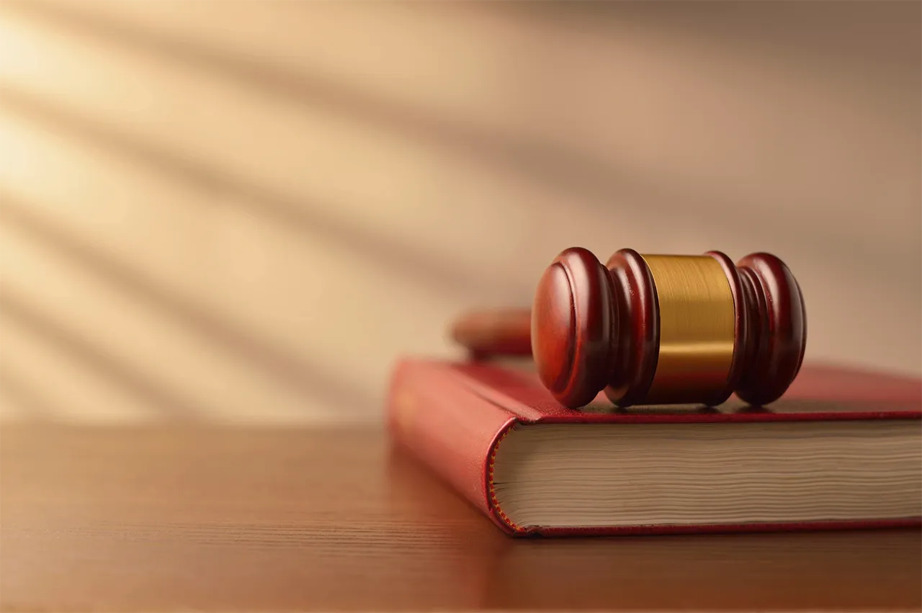
Article IV, Section 13 of the Nebraska Constitution is responsible for the creation and authority of the Nebraska Board of Pardons. The Board of Pardons has the authority to grant pardons, respites, reprieves, commutations, warrants of discharge, and remit fines and forfeitures.
Who is on the Board of Pardons
The Governor, Secretary of State, and Attorney General make up the Board of Pardons. Any decision by the Board is made by a majority vote.
What Rights Can Be Restored by the Board of Pardons
By granting a pardon for a felony offense, the Board empowers the Governor to restore an applicant’s firearm rights. Such restoration is not automatic by a pardon alone, but must be expressly made by the Governor. Thus, it is important to hire an attorney to assist with your pardon to ensure you do not waive the opportunity to have ALL of your rights restored.
In addition to restoration of the right to bear arms, a pardon restores other civil rights lost due to a felony conviction, including the right:
– To vote
– To serve on a jury
– To hold public office
– To serve in the military
– To a passport
– To hold certain licenses (e.g. liquor, public health & welfare licenses)
– To gain admission to professional schools
– To take Civil Service Examination
Am I Eligible for a Pardon?
Generally speaking, anyone can apply for a pardon, but timing matters. If you are applying for a felony pardon, 10 years must have elapsed from the final discharge, including payment of fines and restitution. If you are applying for a pardon from a misdemeanor, the usual period is 3 years.
In addition to waiting for the applicable timeframe, there are some things you can do to help your chances of being granted a pardon. The granting of a pardon is an act of mercy. It signals to society that you have been rehabilitated, you are a productive member of society, and therefore you are entitled to all the rights and privileges of anyone else who has not been convicted of a crime. Maintaining consistent, full-time employment, avoiding negative law enforcement contact, abstaining from illegal substances, being active in the community and volunteering, and maintaining healthy relationships with other law-abiding citizens are factors that will strengthen your application and increase the likelihood that your pardon will be granted.
What is the Process for Obtaining a Pardon
It can take years to earn your pardon after beginning the process. If you are eligible for a pardon, then the sooner you move past contemplation and begin the process, the better for you. Generally, the process is as follows:
Step 0: Contemplation Stage. You are considering life without your conviction and gathering information to guide you through the process and the steps you must take to be successful.
Step 1: Contact an attorney. An attorney can help you to verify your eligibility and assist you in the application process.
Step 2: Complete the application. Work with your attorney to complete your application, including obtaining a background check, confirming payment of all fines and fees associated with your case, drafting your personal statement, and gathering character references.
Step 3: Submit the application and wait. This may be the most difficult and stressful step. Once submitted to the Board of Pardons, you may have to wait years for a decision. The Board takes up applications in the order received. When your application is reviewed, the Board may conduct further investigation to help determine whether a pardon should be granted.
Step 4: Attend your hearing with your attorney. Not all cases are called for hearing, but a pardon will not usually be granted without a hearing. The Board of Pardons convenes as determined by its members, but for the most part, meets on a quarterly basis. Information on meetings can be found here: State of Nebraska Board of Pardons.
Step 5: Decision. The Board of Pardons will inform the applicant of its decision.
Step 6: Restoration of Firearms right (if applicable). If you have been granted a pardon, such a grant empowers the Governor to explicitly authorize that your firearms rights be restored. This decision is separate from a pardon, thus if your firearm rights are not restored, your pardon is not impacted. You will still retain all rights other than the right to purchase or possess firearms.
Contact an Attorney Today
At Liberty Law Group, our attorneys have extensive experience within the criminal defense field, including pardons and restoration of firearms rights. Schedule a free consult today by giving us a call at (402) 865-0501 or by filling out our Contact Form online.



